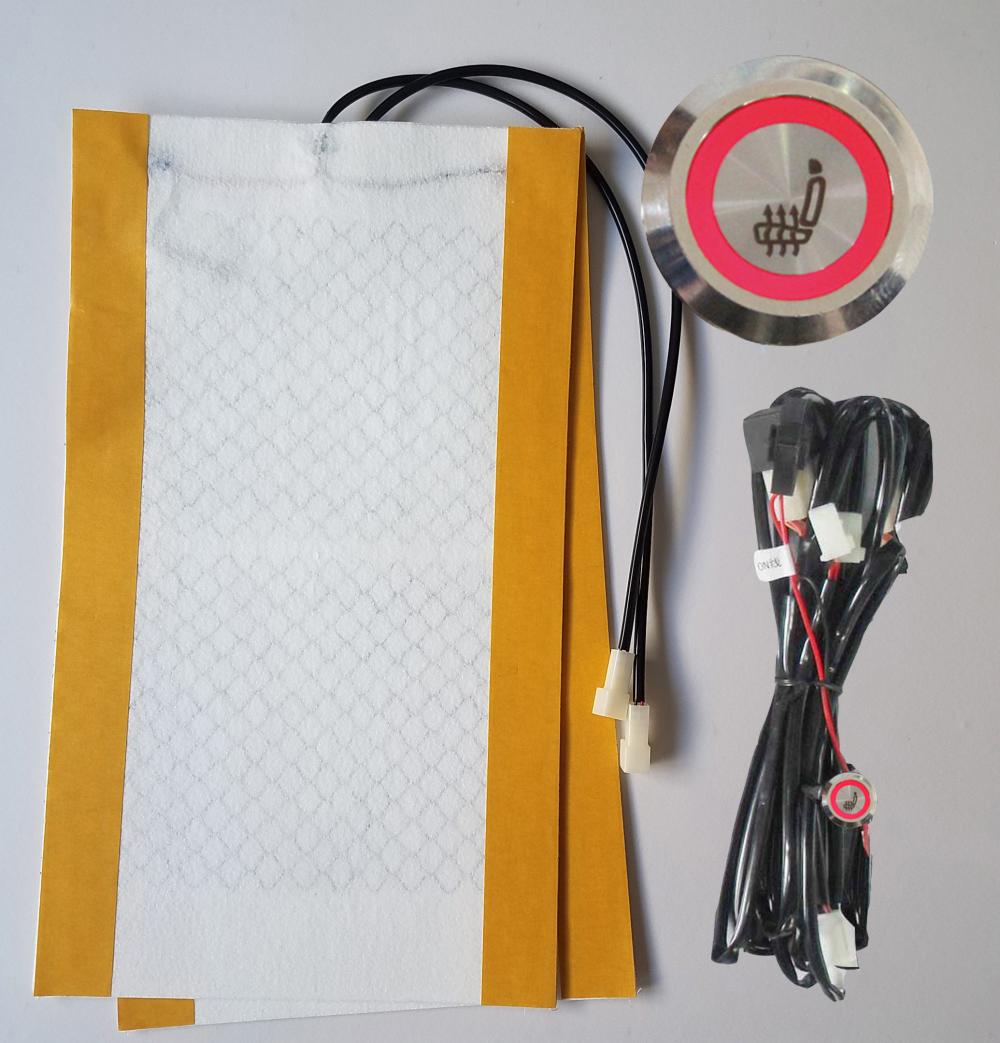After a few months of hardship, the car owners finally waited for the good news of the decline in domestic refined oil prices.
On the evening of December 18, the National Development and Reform Commission announced the fuel tax reform plan and lowered the prices of refined oil products. Experts said that the program is equivalent to 0.91 yuan per liter of gasoline dropped +0.8 yuan = 1.71 yuan, and then count the tax of 0.8 yuan, offset after saving 0.91 yuan per liter. However, this is equivalent to the fact that fuel tax has been collected in the oil price since the 19th.
With the abolition of road maintenance fees and other charging items, the fuel tax reform will undoubtedly affect petrochemicals, automobiles, transportation, aviation and other industries. The performance of related listed companies will also be adjusted accordingly. So, which one is happy and which is it?
Oil price: Is there room to fall?
The reduction in oil prices far exceeded market expectations. So, has the oil price reduction been in place? Is there room for further reduction of refined oil prices?
A person in the oil industry said that the reduction in the price of domestic oil was based on the international oil price of US$83.5/barrel. Now the international oil price has fallen to around US$36/barrel (at the time of 2005, when the international crude oil price was at this price, domestic gasoline prices were not To 4 yuan), if it does not include tax, it should be reduced by about 2.3 yuan/liter, and now it has dropped by nearly 1 yuan. If the international oil price remains low and the post-tax oil price does not exceed the 2005 oil price, then there is still 1 dollar drop space. However, this person also stated that it is unlikely that the tax-inclusive oil prices will equal the prices in 2005.
However, Fan Xiaoping, secretary general of the Association of Transportation and Marketing of the Guangdong Petroleum Industry Association, believes that the price of oil included in the fuel tax of RMB 1 is still lower by RMB 1/liter based on the international oil price. It has now fallen by RMB 0.91/liter. It should be said that In place.
Petrochemical industry: affect the neutral empty
The implementation of the fuel tax reform coupled with the reduction in petrol prices is undoubtedly the largest impact on the petrochemical industry. Some professionals pointed out that downgrading the ex-factory prices will certainly bring certain negative impacts on several domestic oil refining companies in the short term. Due to the different emphasis on the business structure of PetroChina and Sinopec, it is estimated that the impact on PetroChina will be greater, and Sinopec will be more neutral. .
Mao Xiaolong, an industry analyst with CITIC Investment Advisory Group, predicts that after the price reduction, the country will not lower oil prices in the short term. Therefore, if international oil prices continue to remain low, the petrochemical industry's earnings can continue to be guaranteed. However, the introduction of fuel tax will certainly weaken oil consumption in the long run and affect demand. Taken together, the impact of oil price cuts on the petrochemical industry is short-term positive, long-term bearish, and overall it is neutral.
Transportation: Decline in costs
For the automotive industry, the drop in oil prices plus the exemption of road maintenance fees has drastically reduced the cost of keeping passenger cars. The transportation industry also benefited from the significant reduction in costs. Mao Xiaolong said that from the perspective of the subdivision industry, the reduction in oil prices will help reduce the cost of using small-displacement cars. The cost of commercial vehicles has fallen significantly. Commercial vehicles have been used more frequently and the cost savings caused by falling oil prices have become more apparent.
However, Hongyuan Securities chief strategist Tang Yonggang pointed out that although from the "conceptual effect" point of view, oil prices do have a collateral effect on the above two industries, but due to the economic downturn, the main factors to improve the two major industries are still Demand pulls, "Oil prices are a stimulus but they are small."
As for the energy conservation and emission reduction industry and the new energy sector, Mao Xiaolong said that the introduction of the fuel tax will stimulate energy-saving emission reduction in industries with large gasoline and diesel consumption, thereby reducing costs, which means that the energy-saving and emission-reduction industry is facing greater opportunities for development.
The aviation industry will also benefit from this drop in oil prices. Wu Tong, an industry analyst at CITIC Jintong, believes that the reduction in domestic jet fuel prices will help reduce domestic airline cost pressures and help the domestic civil aviation industry survive the industry downturn. He said that according to the calculation of the business structure of domestic airlines, and considering the current government’s protection of the domestic civil aviation industry, listed airlines such as Air China, China Southern Airlines, Eastern Airlines, Shanghai Airlines, and Hainan Airlines will all benefit from it. The order of benefit is respectively China Southern Airlines. , Shanghai Airlines, China Eastern Airlines, Air China, and Hainan Airlines. Reducing the passenger transportation fuel surcharge standard for domestic airlines will result in the return of domestic airport listed companies such as Shenzhen Airport, Baiyun Airport, Xiamen Airport and Shanghai Airport.
the car seat also provides an excellent cooling massage, which makes it an exceptional unit for all car owners. What is more, the car seat is elementary and quick to install as it comes with elastic straps to securely attach it.


Car Seat Ventilation,Heated Bed Pads,Heated Knee Pads,Heated Back Pads
JiLin Province Debang Auto Electric Co.,Ltd. , https://www.carseatheating.com